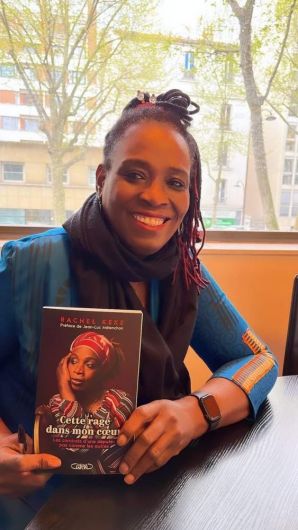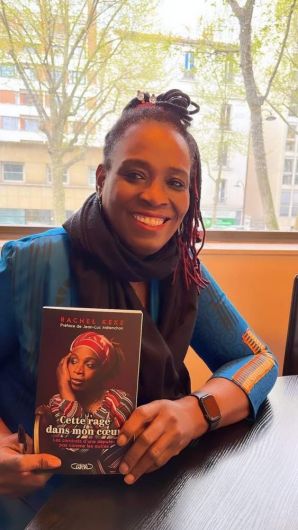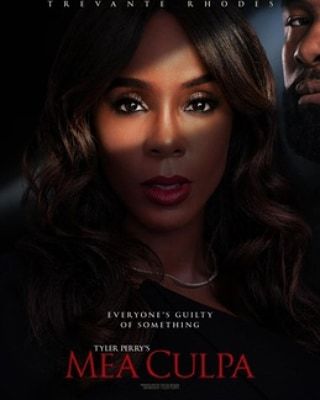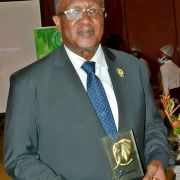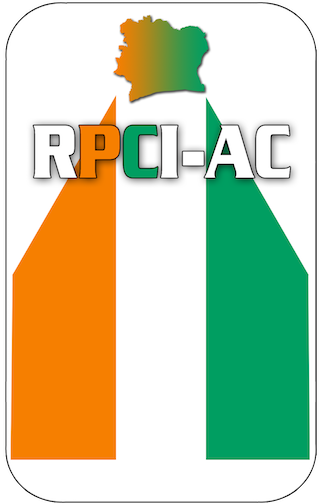"POLITICS IN WEST AFRICA":"Legitimacy" at stake in the "Ivory Coast"?
Le 14 décembre 2011 par IvoireBusiness - "Legitimacy" is a similar concept to "authority" to some extent. But "Legitimacy" also refers to "rightful
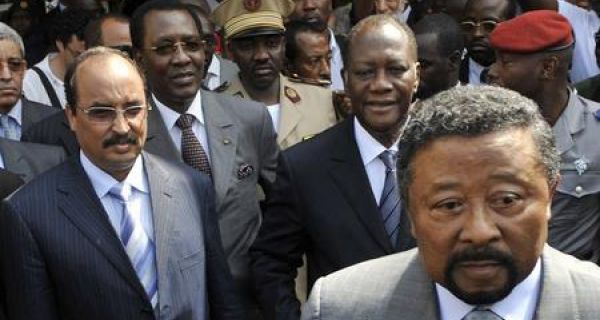
Le 14 décembre 2011 par IvoireBusiness - "Legitimacy" is a similar concept to "authority" to some extent. But "Legitimacy" also refers to "rightful
power". In addition to that crucial reality, the difference is that we normally use the term "Legitimacy" in discussing an entire system of government, whereas "authority" often refers to specific positions within a government. Thus, we tend to speak of the "legitimacy" of a regime, but the "authority" of an official. To add to the confusion, "Legitimacy" is used in a different sense by political theorists and political scientists. Political theorists are concerned with principles. Consequently, they assert, a government is"legitimate" if it conforms to some moral principles! For instance, that it has been fairly elected! Political scientists, on the other hand, are concerned with politics as it is. In the same trend, hey say a government is "legitimate" if its citizens regard it as such! Wether a government is "democratic" is only one influence on "legitimacy" in the second sense. For example, no one would describe the "Ivory Coast" in West Africa under the rule of "ALLASANE Ouattara" since APRIL 2001, as a democratic regime! Nonetheless, "Allassane Ouattara" came to power through a so called military coup, backed up by his international allies, but also unfortunately recently experienced ivorian new parliamentary election lowest rate participation, in the history of the "Ivory Coast"(around 14 percent of people participation): "Allassane Ouattara" political "legitimacy" is indeed at stake in the "Ivory Coast"!On the other hand, former ivorian president "Laurent Gbagbo" came to power in 2000, through an unprecedented popular revolution, which gave his regime at that particular period considerable "Legitimacy". At least to begin, but his autority came to some extent from democratic rule during post ivorian elections in 2000!As a matter of fact, it is also important to distinguish between "Legitimacy" and "Legality":"Legitimacy" refers to wether people accept the validity of a law; "Legality" refers to wether the law was made in accordance with correct procedures, normally as laid down in the constitution. Regulations can be legal without being legitimate. For example, in the eighties, the majority black population rightly considered South Africa's former apartheid laws to be illegitimate, even though they were passed in accordance with the country's constitution! Conversely, illegal action is sometimes seen as legitimate, but at least some questions of the population, particularly when it takes the form of peaceful protest to achieve a collective goal. In the twentieth century, civil disobedience has provided a constructive force for political change around the world. It has contributed to some point, to movements for equal voting rights and for national independence from colonial rule! Therefore, the success of these movements shows that "Legitimacy" is different from, and more fundamental than, "legality". Finally, we can come to the conclusion that, a legitimate government is one which has full authority in the eyes of the people it rules! So, as far as "Allassane Ouattara's government is concerned right now in the "Ivory Coast", can we talk of a "legitimate government" grounded in our former relevant analysis? That is the real question right now in the "Ivory Coast", politically speaking... Wait and see!
Yves T BOUAZO


